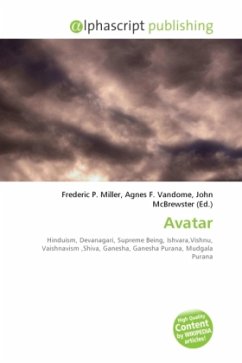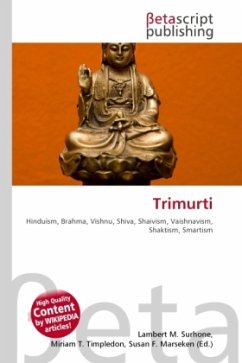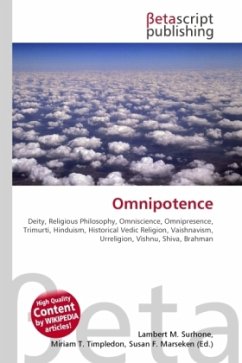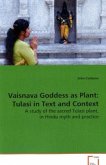In Hinduism, Avatar or Avatara Devanagari, IAST avat ra , the Sanskrit for "descent" usually implies a deliberate descent from higher spiritual realms to lower realms of existence for special purposes, often translated into English as incarnation. Avatars that are of importance are mainly those of the Supreme Being which are plenary and marked with superhuman qualities. Other types of descents are limited expansions of Ishvara, and some that are descents of lesser empowered divinities. The term is used primarily in Hinduism for descents of Vishnu whom Vaishnava Hindus (one of the largest branches of Hinduism) worship as the Supreme God, a distinctive feature of Vaishnavism. While Shiva and Ganesha are also described as descending in the form of avatars, with the Ganesha Purana and the Mudgala Purana detailing Ganesha's avatars specifically, the avatars of Vishnu carry a greater theological prominence than those of Shiva or Ganesha and upon examination relevant passages are directly imitative of the Vaishnava avatara lists.
Bitte wählen Sie Ihr Anliegen aus.
Rechnungen
Retourenschein anfordern
Bestellstatus
Storno








